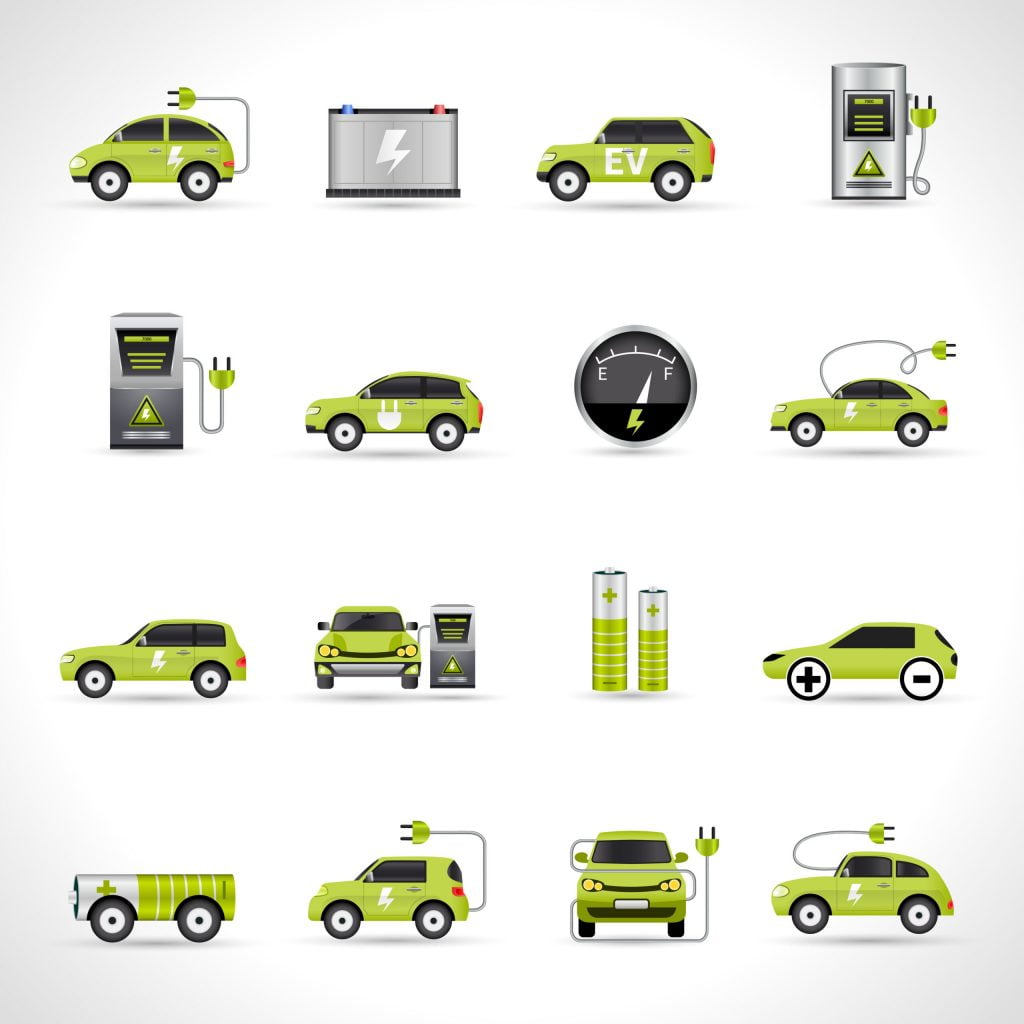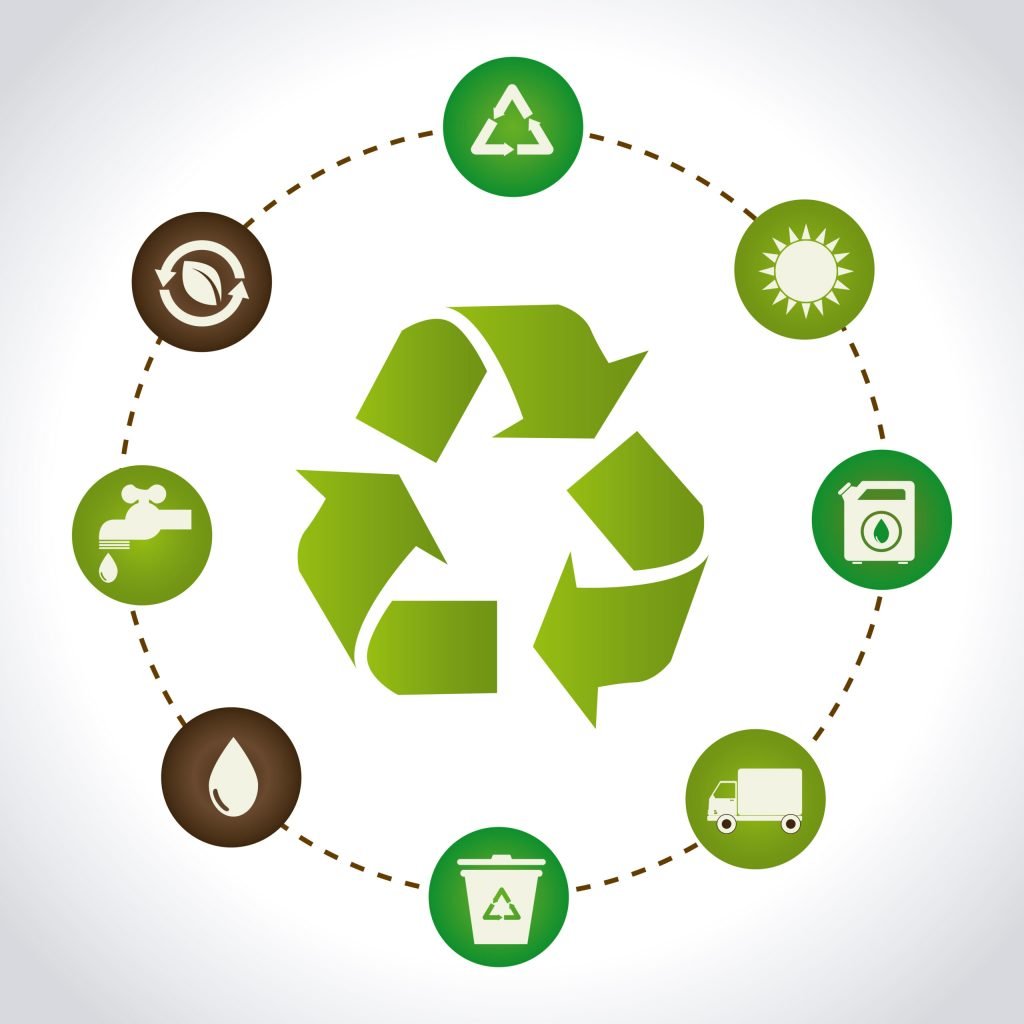AREA's Environmental Certification

Environmental Code of Practice for Auto Recyclers
A Brief History of the Auto Recyclers Environmental Code of Practice
In the 1990’s, BC was the first Province to develop an Environmental Code of Practice (CoP) and a Certification Program for the automotive recyclers. Currently, there are over 200 automotive recyclers in BC that are Certified by AREA to the CoP.
The CoP sets standards for the proper removal, storage, transporation and recycling of hazardous materials within recycled vehicles. Used oil, antifreeze, lead-acid batteries, refrigerants, mercury switches, tires and windshield washer fluid are the most common hazardous materials contained in recycled vehicles. Every year, approximately 150,000 vehicles are recycled in BC and the quantities of hazardous materials in these vehicles can cause significant environmental damage. Consequently, auto recyclers play a critical role in the removal of these hazardous materials prior to the vehicle being crushed, shredded and recycled. In addition, auto recyclers sell re-usable parts to consumers and insurance companies at a significant discount to the cost of new replacement parts and the re-use of auto parts provides additional environmental and economic benefits to BC through reduced Green House Gases, creation of employment and lower insurance rates.
The process to develop the CoP started over 20 years ago when Neil James (Ralph’s Auto Supply) was Chair of the B-CAR Division of the Automotive Retailers Association. Neil’s was frustrated that no municipal or provincial official could clearly explain the regulatory requirements for processing of hazardous materials contained within an end-of-life vehicle (ELV). B-CAR took this issue to Environment Canada and the BC Ministry of Environment (MoE), and with the financial assistance of these regulatory agencies and the Insurance Corporation of BC, Ministry of Transportation and B-Car, the first Environmental Code of Practice (CoP) was developed in 1995 by Dr. Hamdy El Rayes.
In 1997, the Automotive Recyclers Environmental Association (AREA) was established by the industry to implement the CoP and establish the Environmental Certification program. With some funding from B-CAR and the Ministry of Environment and Environment Canada, the CoP was updated, tested and refined to a point where it formed the basis of the National CoP that we use today and AREA implemented an Environmental Certification program where every auto recycler would be subjected to a third-party Environmental Review by a Qualified Professional to ensure the facility was following the CoP.
Neil lobbied almost every City, Municipality and Regional District to adopt the first CoP as a prerequisite to obtain an automotive recycling licence. Fortunately, the City of Abbotsford adopted the CoP in 2000 in a bylaw that required the 11 automotive dismantlers within City limits to be certified to the CoP. As the CoP was phased in over three years in Abbotsford, it became clear to all observers that the legitimate automotive recyclers would have no problem meeting the CoP and that automotive recyclers that contaminated the environment would not meet the CoP and as such they were shut down by the Abbotsford bylaw officers.
The successful implementation of the CoP in Abbotsford allowed the industry to demonstrate to the BC Government that a regulation similar to the Abbotsford bylaw was good for the industry. After several years of lobbying by B-CAR and AREA, the BC Ministry of Environment enacted the Vehicle Dismantling and Recycling Industry Environmental Planning Regulation. This regulation requires all automotive dismantlers and recyclers in BC to be certified to a CoP by a Qualified Professional. AREA now has 205 automotive recyclers in its environmental certification program in every region of the Province.
The next breakthrough for the CoP was in 2008. Environment Canada included the requirement that recyclers accepting Retire Your Ride (RYR) vehicles be inspected to a National CoP. The CoP was modified by the Automotive Recyclers of Canada (ARC) so that it could be used by the RYR Program and inspections could be done in every Province. The key to the success of Environment Canada’s program was that they provided funding for training as well as on-site inspections. Now, more than 600 automotive recyclers across Canada have been certified to the CoP and the approach has been embraced by ARC, Environment Canada, vehicle manufacturers, and automotive dismantlers across the country. Increasingly this Canadian solution is being viewed globally as very progressive and a model for other countries to follow. For more information on the National Program for automotive recyclers, click here.

n 2013, Pacific Region of Aboriginal Affairs and Northern Development Canada adopted the CoP for automotive recyclers on First Nations lands. Since that time, AREA has been working with AANDC to improve the environmental practices for recyclers on First Nations lands as well as develop recycling strategies for small and remote communities that do not have access to the recycling infrastructures in the urban areas of the Province.
The development and expansion of the CoP and Certification Program has come along way since its start over 20 years ago and the primary reason that the CoP has been successful is because of its acceptance and support by the automotive recycling industry. Without the ongoing support of auto recyclers, the first CoP envisioned by Neil James in the early 1990’s would never have been developed or implemented.
